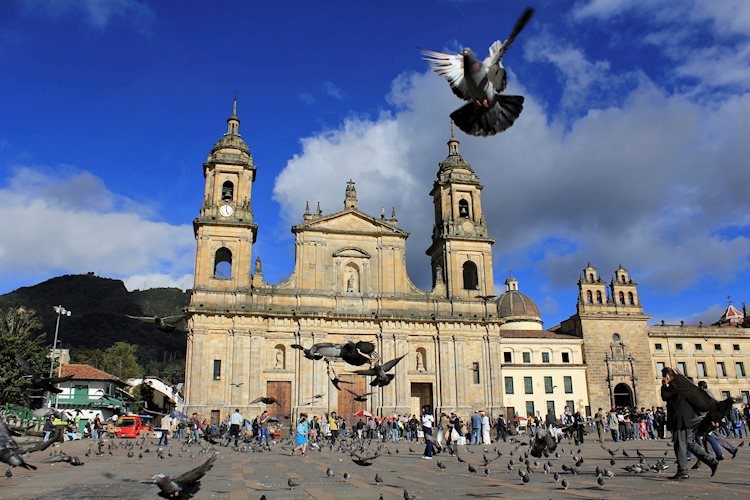With just over two dozen unicorns — startups valued at more than US$ 1 billion before going public — Brazil is home to about 66% of unicorn companies in Latin countries, according to LAVCA (acronym for Association for Private Equity Investment in Latin America). The second place is from Mexico, with 19%.
Despite the significant number, none of these Brazilian companies is focused on agribusiness, one of the engines of the local economy. The reasons that explain this scenario, according to experts heard by the CNN Brasil Business they go through low connectivity in the countryside, concentration of new technologies in large companies and even the favorable climate of the country.
The lack of connectivity and digital literacy is identified as an important gap in the sector by Guilherme Kudiess, partner at Ventiur accelerator and Francisco Jardim, founding partner at SP Ventures.
Only 23% of farmers have internet access across their entire farming operation in Brazil, according to McKinsey & Company. “This makes it difficult to adopt some technologies”, says Jardim.
The specialist also highlights that, in the past, it was difficult for a producer to make a video call or buy his inputs on the internet – a movement accelerated by the Covid-19 pandemic.
“But in general, [o produtor] is resistant to digital, as it always tries to mitigate risks, and digital technology. And because they can have flaws in the operation, they often don’t want to use these technologies”, highlights the founding partner of SP Ventures.
Gustavo Araujo, co-founder of the Distrito innovation platform, says that there is a favorable climate situation (temperature and soil) in Brazil for agribusiness. Thus, the country is very competitive in the market “without needing technological resources to succeed”.
Different scenario from other countries, such as Israel, which needs to plant in the desert. In other words, technology becomes necessary for the country to operate with this market.
Another characteristic of this sector that can prevent the formation of unicorns in agribusiness is the concentration of technological knowledge in large companies in the sector, says Celso Funcia Lemme, professor at the Institute of Graduate Studies and Research in Administration at the Federal University of Rio de Janeiro (UFRJ). )”.
JBS, for example, has a cellular meat unit, an alternative method of meat production considered innovative and that has been explored by startups around the world. Suzano, a Brazilian giant in the pulp sector, entered the textile market after developing a sustainable fiber that requires less water in production.
The fact that agribusiness works on crops, which often have a production of 5 months, the validation time of a technology ends up taking a little longer than in other sectors, emphasize specialists. For example, it is possible to carry out tests in the financial market in seconds.
A unicorn is coming…
Despite the obstacles, experts say it is only a matter of time before a unicorn emerges in the sector.
The Ventiur partner cites that, due to the increase in demand for food in the world, Brazil will be an important place to meet the global need, “not only for the availability of land and water, but also for the possible increase in productivity through technology ”.
According to the Food and Agriculture Organization of the United Nations (FAO), it will be necessary to produce 70% more food by 2050.
The founding partner of SP Ventures believes that the first agri unicorn will be a marketplace, a fintech, a biological or climatech. The specialist’s bet is that the first company in the sector to reach the level of US$ 1 billion will take two or three years.
The District’s co-founder declared that the first unicorn in the sector should come from the merger of financial services with agro. “Agro has always used credit and financial services as the nature of its business, and today we already have some fintechs such as Agrolend, Terra Magna and Nagro operating in the segment”.
See below the list of unicorns in Brazil, according to the Distrito innovation platform:
- gympass
- freight.com
- Fifth floor
- wildlife
- 99
- Single
- credits
- Nubank
- ebanx
- cloudwalk
- Bitcoin Market
- C6 Bank
- hotmart
- loft
- loggi
- ifood
- easily
- Wood Wood
- olist
- Merama
- Vtex
Source: CNN Brasil






